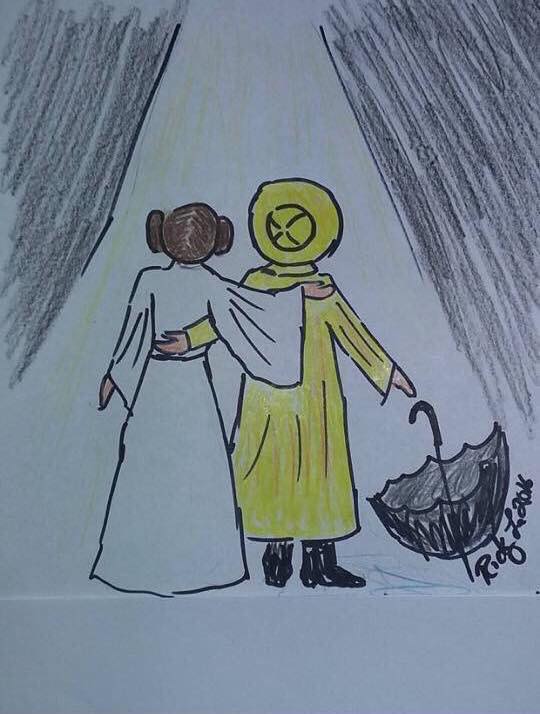. 1906 ~ John Knowles Paine died. He was the first American-born composer to achieve fame for large-scale orchestral music.
. 1913 ~ Earl Bostic, Saxophonist, bandleader
. 1915 ~ Italo Tajo, Italian bass
. 1915 ~ Sal Franzella, Jazz musician, alto sax, clarinet
. 1918 ~ Ella Fitzgerald, American Grammy Award-winning singer (12), jazz and popular music. She was discovered at age 16 at an amateur night at the Apollo Theater in Harlem, and went on to work with Louis Armstrong, Duke Ellington and Count Basie.
. 1923 ~ Albert King, American blues singer and guitarist
. 1923 ~ Melissa Hayden (Mildred Herman), Ballerina with the New York City Ballet
. 1926 ~ Arturo Toscanini conducted the first performance of Giacomo Puccini’s opera “Turandot” at La Scala, Milan.
. 1932 ~ Gator (Willis) Jackson, Composer, tenor sax, invented the gator horn
. 1933 ~ Jerry Leiber, Record producer with Mike Stoller
. 1945 ~ Stu Cook, Bass with Creedence Clearwater Revival
. 1945 ~ Bjorn Ulvaeus, Musician, guitar, singer with Abba
. 1946 ~ The popular Jimmy Lunceford Orchestra recorded Cement Mixer for Majestic records, tapes and CDs this day. Well, not tapes and CDs. We were still listening to 78s back then … thick, heavy ones, at that.
. 1952 ~ Ketil Bjørnstad, Norwegian pianist
. 1956 ~ The rock ‘n roll legend, Elvis Presley’s Heartbreak Hotel went No.1.
. 1970 ~ DJs around the U.S. played the new number one song, ABC, quite often, as the Jackson 5 reached the number one spot in pop music for two weeks. ABC was the second of four number one songs in a row for the group from Gary, IN. I Want You Back was their first. ABC was one of 23 hits for Michael, Tito, Jackie, Jermaine and Marlon. ABC was knocked out of first place by The Guess Who and their hit, American Woman.
. 1973 ~ The group, The Sweet, received a gold record for the hit Little Willy. The English rocker band recorded four hits in addition to their first million-seller, Ballroom Blitz, Fox on the Run, Action and Love is like Oxygen. Little Willy was a top-three hit, while the group’s other gold record winner, Fox on the Run made it to the top five.
. 2000 ~ David Merrick, one of Broadway’s most flamboyant and successful theatrical producers who created “Gypsy,” “Hello, Dolly!” and “42nd Street,” died in London at the age of 88. During his long career as arguably Broadway’s most successful producer, Merrick won all the major theatrical awards, including 10 Tony Awards just for “Hello, Dolly!” He was best-known for his musicals but he produced many non-musicals as well.
. 2007 ~ Bobby “Boris” Pickett, American singer-songwriter (Monster Mash), died from leukemia at the age of 69







